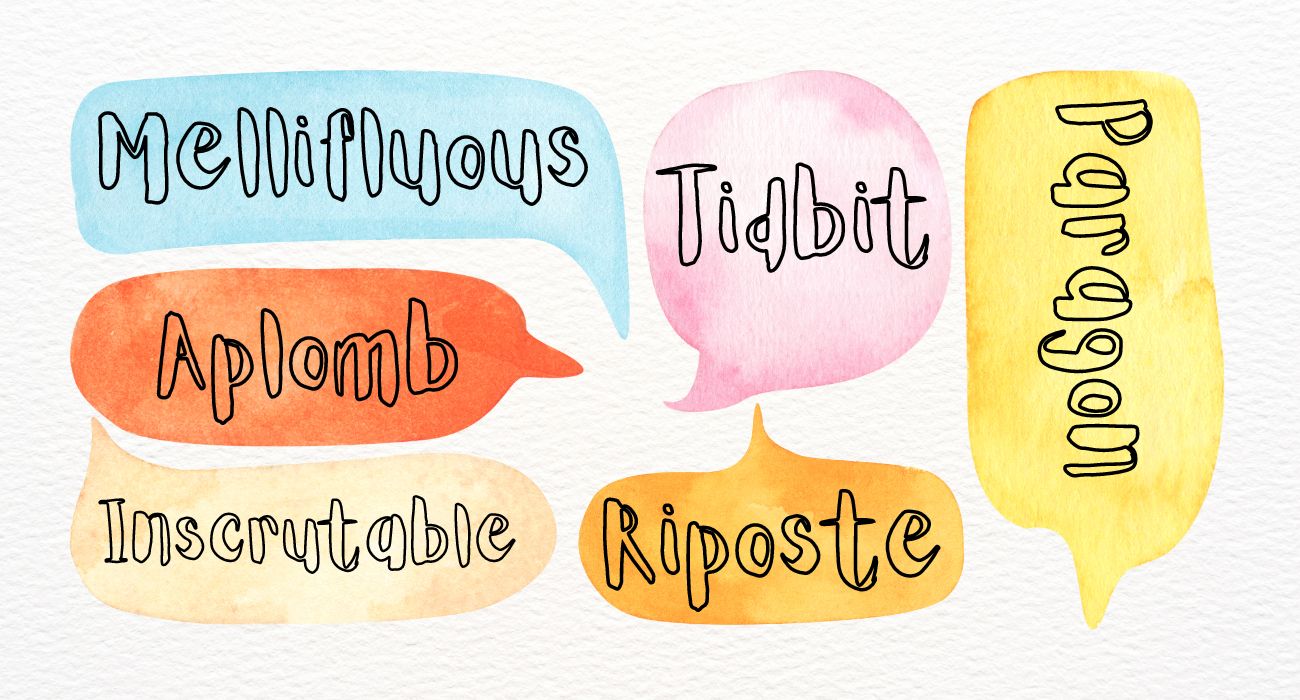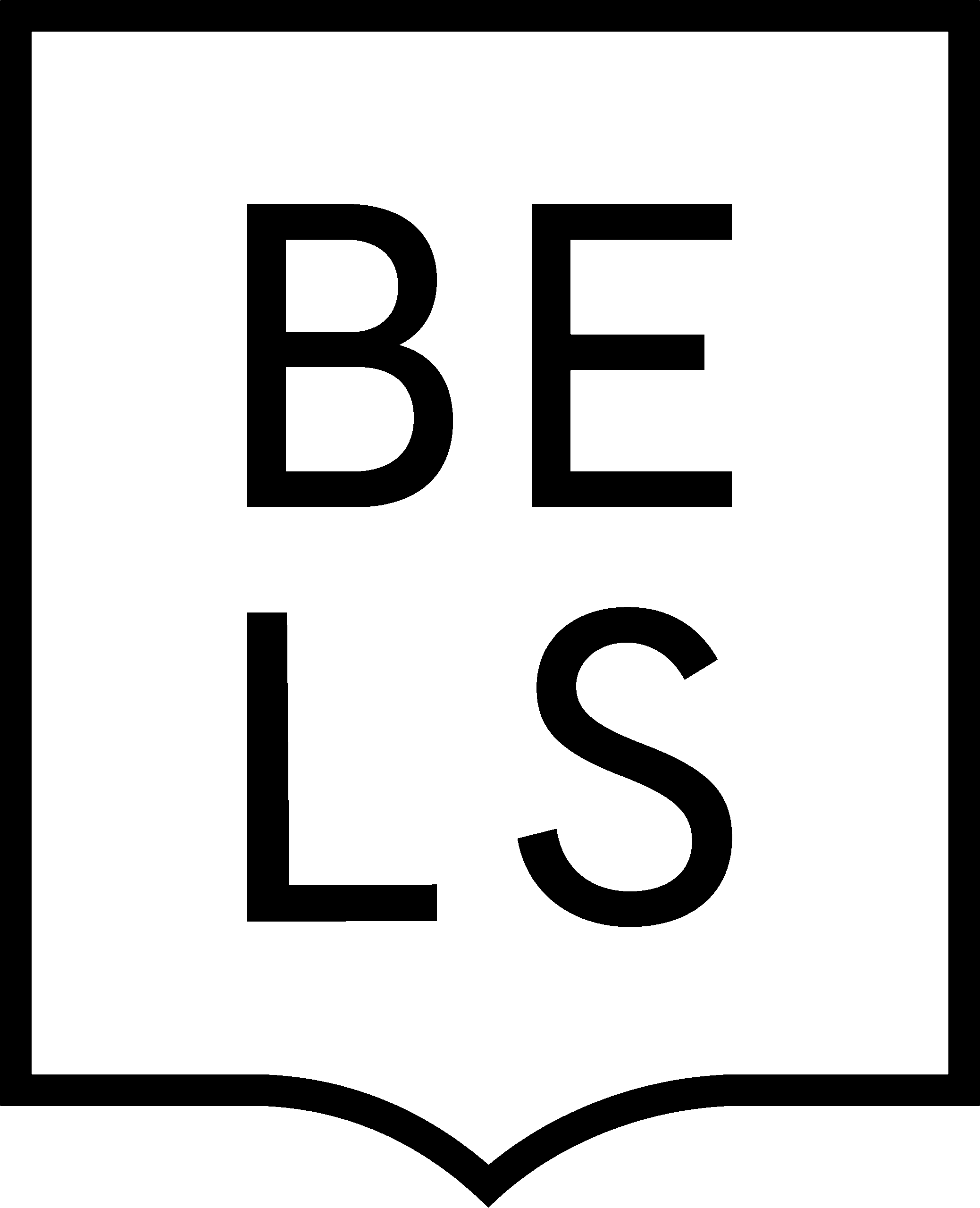The Most Commonly Confused English Words Explained
English can be tricky, especially with vocabulary. Similar words often cause confusion. In this blog, we’ll explain the differences between commonly confused English words.

Come or go? Is it affect or effect? We’ve simplified the most commonly confused English words for you!
By now, you might have noticed that English is a complex language, and it’s not just the grammar. Vocabulary has its own complications, with many commonly confused English words due to their similarity. There are usually three main reasons for these cases.
Firstly, there are word pairs that look or sound similar. Understanding the difference between these words can be difficult. In this guide, we have provided some of the most commonly confused word pairs with definitions and examples to help you recognise their differences. This list is not exhaustive, but it should help you get started.
Secondly, the differences between British and American English can also cause confusion due to personal preference or influence.
Thirdly, some concepts in English don’t have an equivalent in other languages, making them more difficult to understand. Additionally, there may be no logical pattern to follow.
The Proper Way to Use the Most Commonly Confused English Words
To help make your English learning process simpler, we’ve consulted our in-house teachers and compiled a list of the most commonly confused words. Thanks to our tips, you will never confuse these words again.
- Come vs. Go – ‘Come’ and ‘go’ have the same basic meaning, so they’re first on the list of easily confused English words. ‘Come’ shows movement toward the speaker or the person being spoken to. ‘Go’ Shows movement away from the speaker or the person being spoken to. So if you’re in Malta and returning home in a week, you will say, ‘I’m going home in a week’, while your family will say, ‘(name)’s coming home next week.’
- Affect vs. Effect – ‘Affect’ means influencing or creating an impression on something. ‘Effect’ is the thing that is created. Sounds confusing, right? A simple way to remember the difference between these English words is that ‘Affect’ is almost always a verb, whereas ‘effect’ is almost always a noun. For example, ‘The weather affects (verb) my mood’, while ‘The weather has an effect (noun) on my mood’.
- Advice vs. Advise – While these are two of the most mixed-up English words by students, they’re also the simplest to understand. Advice is a noun referring to guidance or recommendations, as in “She gave him valuable advice on investing.” Advise, on the other hand, is a verb that means to offer counsel or recommend a course of action, as in “Can you advise me on which route to take?” In other words, ‘Advice’ is the noun (a thing), and ‘advise’ is the verb (An action). As in, ‘When you need medical advice, I advise you to go to a doctor and not use Google!’
- Practice vs. Practise – These English words follow the same rule as advice/advise. Practice is the noun (thing), while practise is the verb (action). For example: ‘I’m starting a course at BELS because I need more practice in English’, and ‘While studying in Malta, I practise English every day!’
- Since vs. For – These two are another classic amongst easily-confused English words. ‘Since’ and ‘For’ are both used to talk about something that started in the past and continues into the present. ‘For’ is used to express the amount of time (how long). ‘Since’ is used when specifying the starting point of something. For example, ‘I’ve been a married since 2000’ or ‘I’ve been married for 17 years’.
- Among vs. Amongst – The difference between ‘among’ and ‘amongst’ is probably one of the most googled confusing English words. Technically these two words are both acceptable and can be used interchangeably. The difference is that ‘amongst’ has British origins, while ‘among’ has American origins. Today, ‘among’ is widely used around the world, and ‘amongst’ is a bit antiquated. So when unsure, just use ‘among’ – if you would like to impress a British national, go for ‘amongst’.
- Learned vs. Learnt – This is another case of American vs. British English. ‘Learned’ is used in American English, while ‘learnt’ is the British English version (and you’ll often find comments that it’s the only correct version).
- Dreamed vs. Dreamt – These pair are often confused even by native speakers. It follows the exact same explanation as above- ‘dreamed’ is the American version, whereas ‘dreamt’ is the British version.
- Breath vs. Breathe – In this case, the difference refers to different forms of the same word. ‘Breath’ is a noun and refers to the air that goes in and out of your lungs when you breathe. See what we did there? Yes, that’s correct, ‘breathe’ is the verb version of the same root word and refers to the process of inhaling and exhaling.
- Complement vs. Compliment – The difference between these English words is one of the more nerve-wracking ones! Compliment expresses praise or admiration, as in “She received a compliment on her beautiful dress.” Conversely, complement refers to something that completes or goes well with another, as in “The flavours of the wine complemented the dish perfectly.” Another way to think about it is that complement is used to show that something works well with a second object. For example, ‘Those shoes complement the bag’. On the other hand, a ‘compliment’ is a nice thing to say to another person. For example, ‘Jack received many compliments at his art show’.
- Disinterested vs. Uninterested – This pair is probably the most controversial amongst all the confusing English words. In everyday language they are sometimes used interchangeably, however, according to grammatical rules, this is incorrect. While they both imply a lack of interest, they are not synonyms. ‘Uninterested’ means ‘not interested’, and ‘disinterested’ means impartial. Therefore, the opposite of ‘interested’ is ‘uninterested’.
- Lay vs. Lie – In the present tense, ‘lay’ is a verb that means ‘to put or set something down’ – it is the action when someone does this to another object/person. A familiar example can be seen in how we use ‘to lay the table’ to describe preparing the table for dinner. Another example is when you put a baby in a cot, you ‘lay the baby down’. On the other hand, ‘lie’ is the verb that means ‘to be in a horizontal position’. So it can be used to say ‘I’m tired, I need to lie down or even, ‘He went to lie down because he’s tired’. The difference here is that ‘lie’ is something the individual puts themselves in a horizontal position, while ‘lay’ is when someone puts something else in a horizontal position. Simple, right? The situation becomes a bit more complicated when you look at the different verb formats. You can read more about that here.
- Lead vs. Led – This one is a bit simpler! The verb ‘to lead’ comes from the noun ‘leader’ and has the same meaning. An example can be seen in the following sentence: ‘A leader’s (noun) job is to lead (verb) their team to success!’. And ‘led’ is the past tense version, therefore ‘The coach led the team to victory’.
- Read vs. Read – ‘Read’ can be used as an adjective, a present tense verb, and also a past tense verb – yes they are all written the same exact way! Let’s start with the adjective – it is used to say someone is knowledgeable around a certain topic, for example, ‘Ada is well-read in French literature’. The verb ‘to read’ in the present tense and in the past tense is written exactly the same, but it’s pronounced differently, which can cause some confusion for English students. ‘To read’ in the present tense is pronounced as ‘/riːd/’ – ‘I read at least an hour a day’. While ‘read’ in the past tense is pronounced as ‘/rɛd/’ – ‘He read the article this morning’.
- Accept vs. Except– Accept involves receiving or agreeing, as in “She graciously accepted the award.” In contrast, except denotes exclusion: “Everyone was present except for John, who was running late.”
- Allude vs. Elude – Allude entails referring to something, such as “The professor subtly alluded to the upcoming exam.” On the other hand, elude means to escape or avoid, as in “The criminal managed to elude the police for weeks.”
- Farther vs. Further – Farther indicates physical distance: “The next gas station is farther down the road.” Further pertains to degree or extent, such as “Can you provide further details on the project?”
- Their vs. There vs. They’re – Their signifies possession, as in “The family brought their picnic to the park.” There denotes a place, like “The bookstore is over there, across the street.” They’re is a contraction for “they are,” as “They’re planning to visit the museum this weekend.”
- Principal vs. Principle – When used as a noun, the principal refers to a person in a leading position, as in “The school principal greeted the students.” Principle, however, is a fundamental truth or guideline, as in “Honesty is an important principle in life.”
- Stationary vs. Stationery – Stationary, with an “a,” means not moving, as in “The car was stationary at the red light.” Stationery, with an “e,” refers to writing materials, as in “She bought new stationery for her desk.”
- Complimentary vs. Complementary – Complimentary means expressing praise or courtesy, as in “The hotel offered complimentary breakfast.” Complementary denotes things that complete or go well together, as in “The colours of the artwork were complementary.”
- Desert vs. Dessert – Desert, with one “s,” refers to a dry, sandy region, as in “They explored the vast desert on their journey.” Dessert, with two “s” letters, is the sweet course typically served at the end of a meal, as in “The chocolate cake was a delicious dessert.”
- Its vs. It’s – Its, without an apostrophe, is the possessive form of “it,” as in “The company increased its market share.” It’s, with an apostrophe, is a contraction of “it is” or “it has,” as in “It’s a beautiful day for a picnic.”
- Passed vs. Past – Passed is the past tense of the verb “pass,” indicating movement or action, as in “They passed the exam with flying colours.” Past refers to a time before the present: “The museum showcases artefacts from the past.”
- Weather vs. Whether – Weather refers to the atmospheric conditions, as in “The weather forecast predicts rain tomorrow.” Whether is a conjunction used to introduce alternatives, as in “I’m undecided whether to attend the event.”
- Brake vs. Break– Brake is a device for slowing down or stopping a vehicle, as in “Apply the brake gently to slow down.” On the other hand, break refers to a pause or interruption, as in “Take a break to relax and recharge.”
- Capital vs. Capitol – Capital, with an “a,” can refer to a city where a seat of government is located, as in “London is the capital of the United Kingdom.” Capitol, with an “o,” typically refers to a building where legislative activities occur, as in “The Capitol building is an iconic landmark.”
- Hear vs. Here – Hear is a verb involving the perception of sound, as in “Can you hear the music playing in the background?” Here is an adverb indicating a location, as in “I’ll meet you here at the coffee shop.”
- Whose vs. Who’s – Whose is a possessive pronoun, indicating ownership, as in “Whose book is this on the table?” Who’s is a contraction of “who is” or “who has,” as in “Who’s coming to the party tonight?”
- Sight vs. Site vs. Cite – Sight refers to the ability to see something worth seeing, as in “The breathtaking view was a magnificent sight.” Site is a location or place, as in “They chose a scenic site for the picnic.” Cite means referring to or quoting a source, as in “Be sure to cite your sources in the research paper.”
- Dual vs. Duel – Dual refers to something having two parts or components, as in “The car had dual exhaust pipes.” Duel is a noun describing a formal combat between two individuals, as in “The two rivals engaged in a fierce duel.”
- Allusion vs. Illusion – Allusion is an indirect reference: “The novel contains an allusion to Shakespeare’s work.” On the other hand, illusion deceives or misleads the senses, as in “The magician created the illusion of a disappearing act.”
- Canvas vs. Canvass – With a single “s,” canvas is a strong fabric often used for painting, as in “The artist painted on a stretched canvas.” Canvass, with double “s” letters, is a verb meaning to solicit opinions or votes, as in “Volunteers will canvass the neighbourhood for opinions.”
- Censor vs. Sensor – Censor is a verb referring to the suppression of information, as in “The government may censor certain content.” Sensor is a noun denoting a device that detects or measures something, as in “The motion sensor turns on the lights automatically.”
- Loose vs. Lose – These two have completely different meanings. ‘Loose’ is an adjective that means the opposite of ‘tight’. Meanwhile, ‘lose’ means to ‘fail to win, to misplace, or to free oneself from someone or something’. Look at the following examples:
- ‘When he lost (past tense verb of ‘lose’) 20 kilos, all his old clothes were loose (adjective)’.
- The team lost (verb the game in spite of all their training.’
- ‘I always lose (verb) my sunglasses when on holiday’.
Struggling to understand these commonly confused English words?
Don’t worry; we’ve got you covered! Our experienced BELS teachers can help you learn English in an easy and enjoyable way.
While self-study is a great way to start learning a language, it’s important to remember that language is a dynamic entity, and cultural and sociolinguistic factors play a huge role in mastering it. That’s why it’s always best to have a real-life teacher who can help you understand the context, differentiate between textbook language and real-life usage, and explain the formal or informal elements that influence speech.
If you’re interested in our study trips to our schools in Malta and Gozo or online lessons from anywhere in the world, write to us at [email protected]. We’d be more than happy to help you out!
Immerse Yourself in English
Combine an educational holiday with a relaxing break on a sunny Mediterranean Island. Learn English with a top school, make international friends, and indulge in the island life.
View Packages


